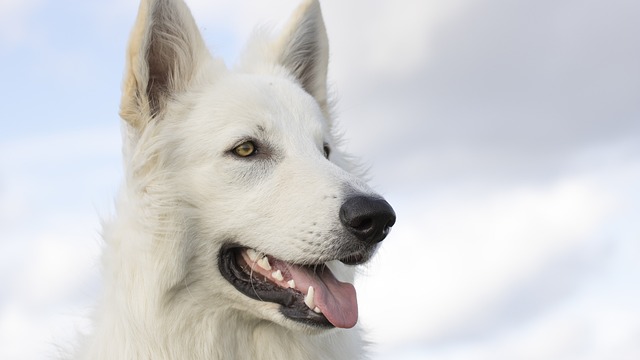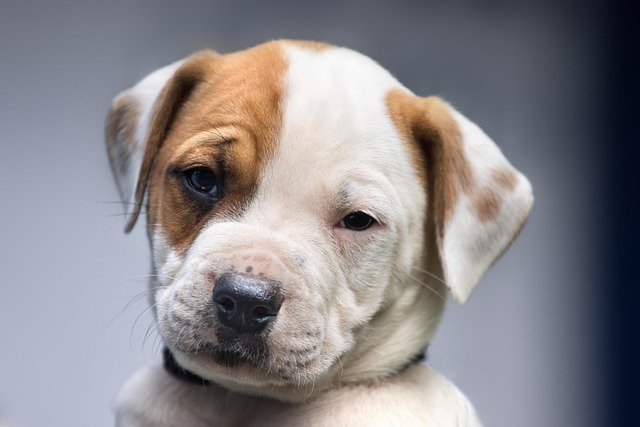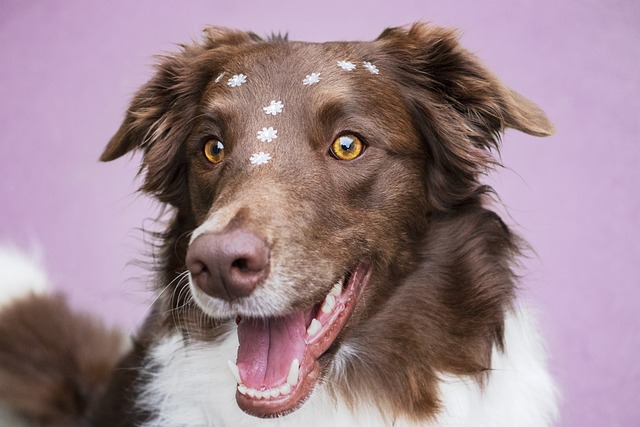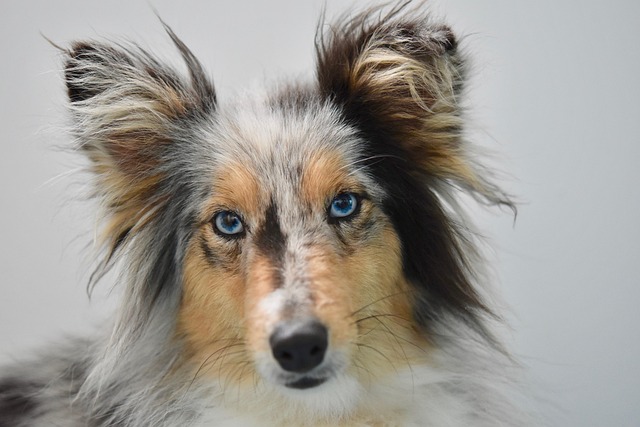When we joyfully bring our dog into the house, it's like welcoming a new family member, filled with beautiful expectations for the time spent together in the future. From that moment on, the health of dogs has become our top priority, and vaccination is the first line of defense to protect their health. So, what vaccines do dogs need to receive? This is not only knowledge that every dog pooper should understand, but also a reflection of our deep love for dogs.
Several vaccines are crucial during the growth process of dogs. Firstly, there is the canine distemper vaccine. Canine distemper is a highly contagious and deadly disease that is mainly transmitted through air, contact, and other means. Dogs infected with canine distemper may experience symptoms such as fever, cough, vomiting, diarrhea, and convulsions, which can even be life-threatening in severe cases. Vaccination against canine distemper can effectively prevent this disease and greatly reduce the risk of infection in dogs. For puppies, it is usually necessary to start receiving the first dose of canine distemper vaccine at 6-8 weeks of age, and then every 3-4 weeks, for a total of 3-4 doses, in order to establish a more complete immune protection.
Next is the canine parvovirus vaccine. Canine parvovirus is also a major health killer of dogs, mainly infecting puppies, with high incidence rate and mortality. Dogs with illnesses may experience severe vomiting, diarrhea, bloody stools, dehydration, and other symptoms. The condition develops rapidly, and if left untreated, it often leads to the death of the dog. The canine parvovirus vaccine is generally used in combination with the canine distemper vaccine, commonly known as the "canine bivalent vaccine", "canine quadrivalent vaccine", "canine hexavalent vaccine", etc. These combination vaccines may contain antigens for other diseases in addition to canine distemper and canine parvovirus, providing more comprehensive protection for dogs. Similarly, puppies need to be vaccinated according to a certain procedure to ensure the effectiveness of the vaccine.
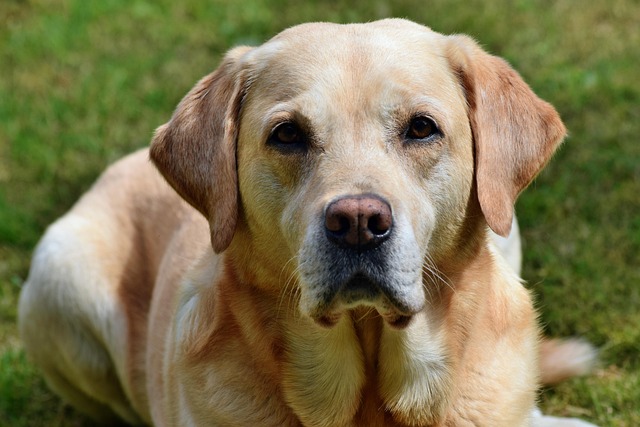
Rabies vaccine is also essential. Rabies is a highly contagious disease that affects both humans and animals. Once it occurs, the mortality rate is almost 100%. Rabies is extremely dangerous for both dogs and humans. According to regulations in our country, dogs must be regularly vaccinated against rabies. Generally, puppies can be vaccinated against rabies at the age of 3 months or more, and they need to strengthen their immunity once a year thereafter. Getting vaccinated against rabies is not only to protect the health of dogs themselves, but also to prevent dogs from spreading the virus to humans and ensure the safety of both humans and dogs.
In addition to the common core vaccines mentioned above, there are also some non core vaccines that can be administered based on factors such as the dog's living environment and lifestyle. For example, canine infectious hepatitis vaccine, canine parainfluenza vaccine, etc. Canine infectious hepatitis is an infectious disease caused by canine adenovirus, which can lead to symptoms such as liver damage, jaundice, anemia, etc. in dogs; Canine parainfluenza mainly causes respiratory infections in dogs, resulting in symptoms such as coughing and runny nose. If dogs frequently participate in dog shows, stay at pet stores, or have frequent contact with other dogs, the risk of contracting these diseases is relatively high, and vaccination can be considered accordingly.
When vaccinating dogs, it is important to choose a reputable pet hospital or veterinary institution. Professional veterinarians will develop appropriate vaccination plans based on factors such as the age, weight, and health status of dogs, and ensure that the storage, transportation, and vaccination process of vaccines comply with regulations. At the same time, there are also some precautions before and after vaccination. Before vaccination, it is important to ensure that the dog is healthy and free from symptoms such as colds, fever, and diarrhea. If a dog is in a sick state, vaccination may worsen the condition and even lead to vaccine failure. After vaccination, dogs should be given appropriate rest, avoid vigorous exercise and bathing, and observe for any adverse reactions such as fever, vomiting, diarrhea, local redness and swelling. If serious adverse reactions occur, a veterinarian should be contacted promptly for treatment.
Watching dogs grow up healthy and happy is the greatest wish of every poop shoveler. Getting vaccinated is an important means for us to safeguard the health of our dogs. Every dose of vaccine carries our deep love and expectations for dogs. It is not only a guardian of dogs' lives, but also a witness to the deep emotions between us and dogs. Let us use scientific pet care knowledge to carefully care for every stage of dog growth, allowing them to accompany us through more wonderful times. In the days to come, when we bask in the sunshine with our dogs, feeling their warmth and companionship, we will be grateful for the right choice we made for them in the first place, which was to get them vaccinated on time, have a healthy body, and create more warm and unforgettable memories together.
